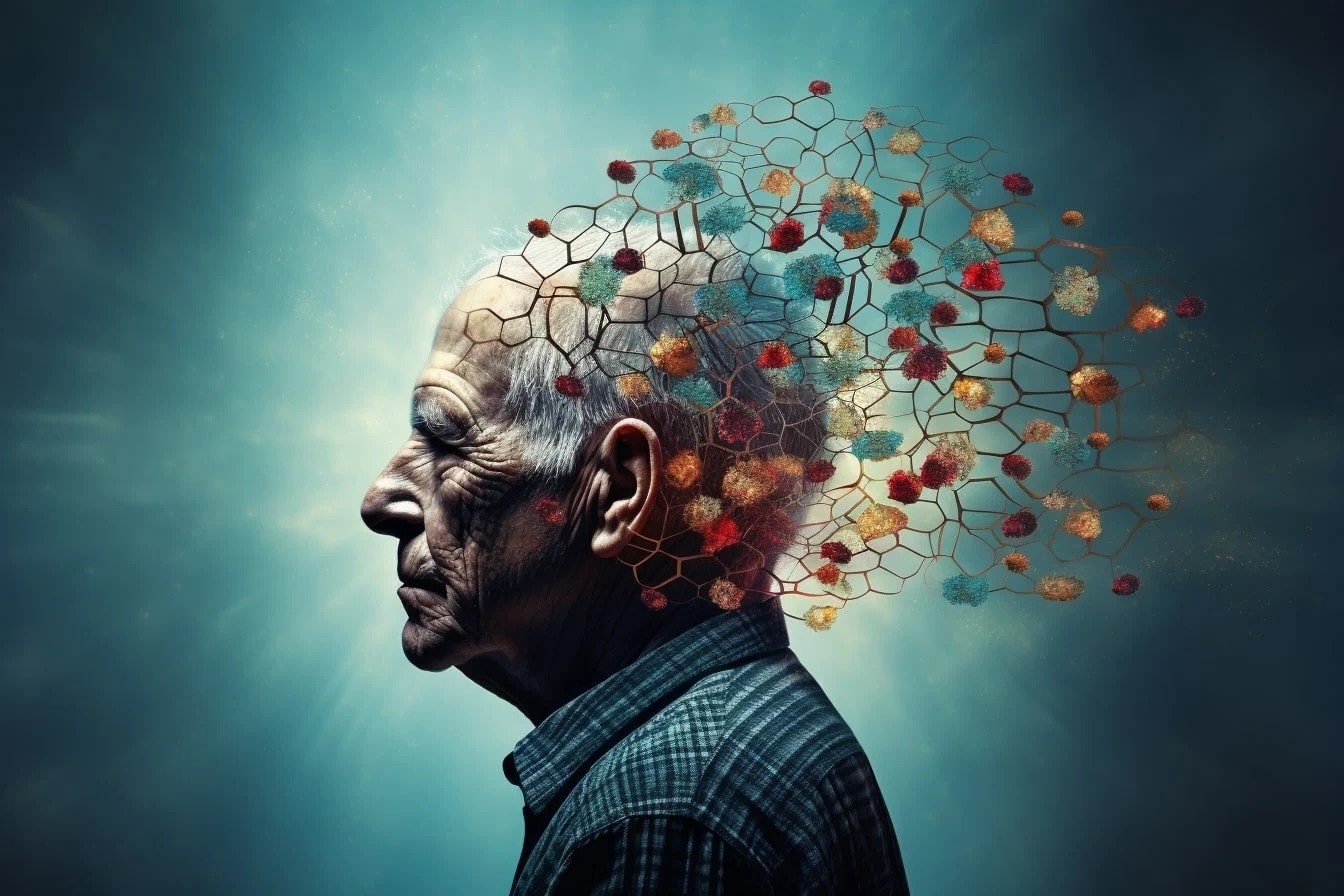
Dementia, often misunderstood, is not a single disease but a term covering a wide range of specific medical conditions, including Alzheimer's disease. Dementia involves the loss of cognitive functioning—thinking, remembering, and reasoning—to such an extent that it interferes with a person's daily life and activities. These conditions predominantly affect older adults but can also occur at a younger age. From its symptoms to its impact on families and society, understanding dementia is crucial for providing support and compassion to those affected. In this blog post, we'll unveil 18 essential facts about dementia, shedding light on its complexities and the importance of awareness, early diagnosis, and care strategies. Whether you're a caregiver, a family member, or simply keen to learn, these insights aim to inform and guide through the maze of challenges dementia presents.
What is Dementia?
Dementia is a term used to describe a group of symptoms affecting memory, thinking, and social abilities severely enough to interfere with daily life. It isn't a specific disease but a general term for the impaired ability to remember, think, or make decisions.
-
Dementia is not a normal part of aging. While aging can cause some memory problems, dementia is more severe and not a guaranteed part of getting older.
-
Alzheimer's disease is the most common type of dementia. It accounts for 60-80% of cases, making it the most prevalent form of dementia.
-
Dementia affects millions worldwide. Approximately 50 million people globally live with dementia, and nearly 10 million new cases are diagnosed each year.
Symptoms of Dementia
Recognizing the symptoms early can help manage the condition better. Symptoms can vary greatly but often include memory loss, confusion, and difficulty with communication.
-
Memory loss is a key symptom. Forgetting recent events or conversations is often one of the first signs of dementia.
-
Difficulty with complex tasks. People with dementia may struggle with planning or solving problems, such as managing finances or following a recipe.
-
Changes in mood and behavior. Depression, anxiety, and personality changes are common in those with dementia.
Causes and Risk Factors
Understanding what causes dementia and identifying risk factors can help in prevention and early intervention.
-
Genetics can play a role. Family history can increase the risk of developing dementia, especially in early-onset cases.
-
Cardiovascular health is linked to dementia. Conditions like high blood pressure, high cholesterol, and diabetes can increase the risk.
-
Lifestyle choices matter. Smoking, excessive alcohol consumption, and lack of physical activity can contribute to the development of dementia.
Diagnosis and Treatment
Early diagnosis can improve the quality of life for those with dementia. While there's no cure, treatments can help manage symptoms.
-
Diagnosis involves multiple steps. Doctors use medical history, physical exams, neurological tests, and brain imaging to diagnose dementia.
-
Medications can help manage symptoms. Drugs like cholinesterase inhibitors and memantine can help with memory loss and cognitive symptoms.
-
Non-drug therapies are also beneficial. Cognitive stimulation, physical exercise, and social engagement can improve quality of life.
Living with Dementia
Living with dementia can be challenging, but support and resources are available to help those affected and their families.
-
Support groups provide valuable help. Connecting with others facing similar challenges can offer emotional support and practical advice.
-
Home modifications can improve safety. Simple changes like removing tripping hazards and installing grab bars can make a home safer for someone with dementia.
-
Caregivers play a crucial role. Providing care for someone with dementia can be demanding, but resources and respite care can offer support.
Research and Future Directions
Ongoing research aims to better understand dementia and find more effective treatments.
-
New treatments are being explored. Scientists are studying various approaches, including immunotherapy and gene therapy, to treat dementia.
-
Early detection is a focus. Researchers are working on identifying biomarkers that could help diagnose dementia earlier.
-
Public awareness is increasing. Efforts to educate the public about dementia are helping reduce stigma and improve support for those affected.
A Final Glimpse at Dementia Facts
Dementia, with its complexities and widespread impact, affects millions around the globe. Understanding these 18 facts offers a clearer picture of the challenges and realities faced by individuals and their loved ones. Awareness and knowledge are powerful tools in the fight against dementia. They foster empathy, promote early diagnosis, and encourage support for those in need. As research progresses, hope remains for advancements in treatment and, ultimately, a cure. Until then, spreading awareness and supporting dementia research and care initiatives are crucial steps toward a future where dementia no longer holds the power it does today. Let's keep the conversation going, share knowledge, and offer support to make a difference in the lives of those affected by dementia.
Was this page helpful?
Our commitment to delivering trustworthy and engaging content is at the heart of what we do. Each fact on our site is contributed by real users like you, bringing a wealth of diverse insights and information. To ensure the highest standards of accuracy and reliability, our dedicated editors meticulously review each submission. This process guarantees that the facts we share are not only fascinating but also credible. Trust in our commitment to quality and authenticity as you explore and learn with us.


